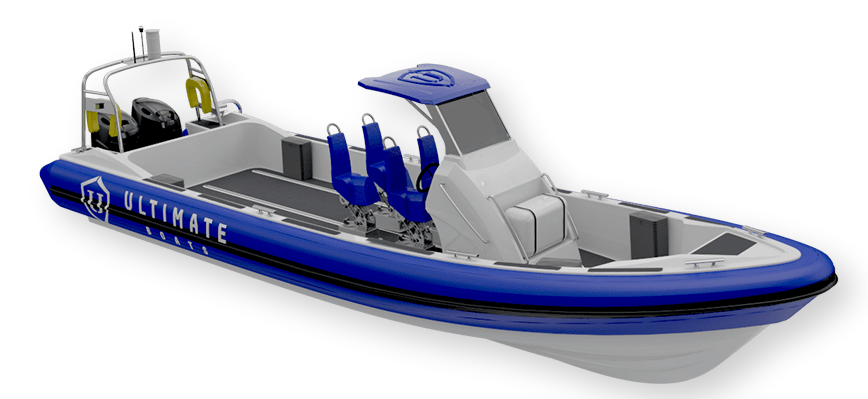Company: TYNC, Ultimate Boat Company
Business Type: Boat Builder

The acquistion of the yacht design company, for an undisclosed sum, is expected to help boost UBC’s sustainability efforts and brings TYNC’s in-depth experience in working with sustainable materials to its ‘revolutionary’ powerboats.
TYNC, created by renowned boat designer and champion sailor Jeroen Wats in 2019, claims to be the world’s first naval architecture design studio aimed purely at bringing sustainability to the marine industry.
UBC is a team of powerboat designers, naval architects, engineers and sailors looking to revolutionise the way high-performance powerboats and sailing yachts can be sustainably developed, designed and engineered. Jeroen Wats will join UBC as its technical director.
Wats won the Cape to Rio Ocean Race in 2003, covering the 4,000Nm in 20 days. He then built his first high-performance yacht in 2004 and won the race again, this time in just 16 days. He went on to create new models that won every race, breaking records along the way.
But with this success came the growing realisation, as he puts it, that he was creating “ecological timebombs”.
Wats commented:
“The focus has always been on pollution caused by the automotive and aerospace industries, but little on the impact of 250 million kilos of fibreglass dumped across Europe each year.”
Wats began developing high-performance boats using eco-composites with such success that he has often been approached by shipyards for help with their projects.
Over the past two years, Wats has successfully developed a new composite called DANU which UBC is now using to build all the hulls in its range, from trans-Atlantic racing yachts to workboats and sailboats.
UBC is clear on all the benefits that using DANU can bring. The company claims it is stronger and lighter than fiberglass and less brittle than carbon, so boats made from DANU are built to last a lifetime. This super-tough sustainable material maintains its technical properties and strength indefinitely, so can be reused over and over again, completely re-cycled, upcycled or re-manufactured. Crucially, its cost is comparable with traditional materials, and no additional manufacturing or labour costs are required.
As well as attracting attention from the marine industry, the use of DANU is said to be drawing interest from other industries too, including wind turbines and Formula 1.
Comments
No comment yet.